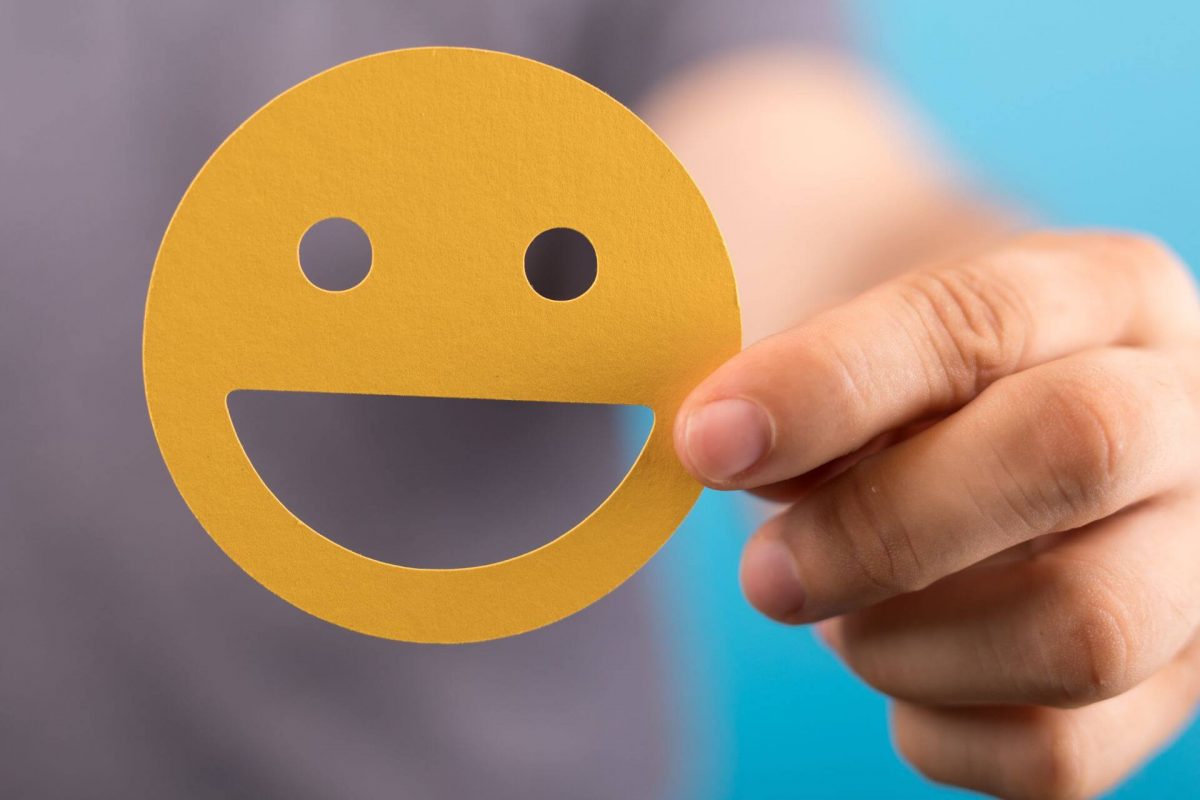There’s been much talk in recent years’ about positive psychology within the mental health field, a subject that often gets viewed as refreshing within the psychology space!
But, what exactly is meant by the term ‘‘positive psychology”?
Positive psychology people
Essentially, positive psychology refers to positive thinking, a term that frequently gets assigned to people who have a ”glass-half-full” attitude to life.
Positive psychology is a sub-field that teaches positive psychology and is committed to researching psychological well being and understanding what makes people happy and fulfilled.
Positive psychology intervention
Research postulates that positive thinking and the cultivation of positive thoughts can aid in stress management. Positive psychology also comes with many health benefits for people both mentally and physically.
Positive health
Quite a few misinterpretations surround the positive psychology paradigm. For example, many people assume that cultivating positive emotions is equivalent to glossing over problems or ignoring the more challenging aspects of life.
However, all this couldn’t be any further from the truth.
Practising positive psychological well being
Broadly, practising positive psychology involves approaching life’s challenges with a positive outlook.
Instead of ignoring or avoiding bad things, people make the best of what they’ve got and choose to view themselves, the situation and others in a positive light.
Empirical research
Positive psychologist Martin Seligman describes positive thinking in the framework model of explanatory styles.
According to Seligman, there are two types of explanatory styles, which are positive and negative.
Positive
Those who fit the ”positive” explanatory style tend to describe events optimistically. When positive things occur, they are happy to take credit for their role and often shift the responsibility to external forces when things go wrong.
People in the ”positive” explanatory group tend to see challenging life events as temporary and view their experiences as lessons to get learned.
Negative
Conversely, people with a pessimistic outlook on life tend to blame themselves for negative experiences and life events and are not likely to give themselves credit during successful outcomes.
Risk factors
People in the ”negative” explanatory cohort also view their experiences as long-lasting and often expect bad things to happen.
Positive attitude
Those with positive traits frequently adopt the upbeat explanatory style. However, according to psychologists, the way people internalize events can vary depending on the situation.
For instance, someone who usually cultivates positive feelings and emotions may adopt the negative explanatory style during adverse situations, such as family or work issues.
What are the health benefits associated with positive thinking?

There has been somewhat of a sensationalization surrounding positive psychology in recent decades.
For example, plenty of books are dedicated to the ”power of positive thinking” such as ”Think and Grow Rich” and ”The Magic”.
These textbooks prove that there is something to be said for positive psychology interventions.
Meaningful life
Some of the psychological jargon often wax lyrical about the importance of having positive emotions, not to mention the positive effect of constantly being happy, all of which can seem far-reaching and downright unrealistic for many people.
Empirical validation
However, empirical research has found many health benefits to being positive and upholding positive individual traits.
Physical and mental benefits of positive thinking
The literature states that high scores of life satisfaction and positive thinking get linked to limitless health benefits both on a physical and emotional level. These involve:
- Increased psychological health
- More excellent immunity to the common cold and of treating illness
- Better coping skills and stress management
- Increased life span
- Reduced risk of cardiovascular disease and a lower incidence of coronary heart disease
- Decreasing rates of major depression, including other mental illnesses and stress disorders
Statistics
Behavioural sciences research suggests that social well being and positive psychology can also reduce frailty in old age.
Authentic happiness
There are many theories as to why positive thinking is so advantageous.
One of them is that people who practice positive mental well being are less impacted by stress, which has numerous benefits on health promotion and enjoying good physical health.
Optimistic people also tend to take personal responsibility for their lives by cultivating healthier lifestyles and exercising more. They are also more likely to follow nutritious diets and avoid unhealthy lifestyles and behaviours.
Positive thinking’s influence on mental disorders
Most people do not automatically think of positive thinking or even consider positive psychology as part of the treatment plan when thinking about mental health issues.
All this is not surprising since ”happiness” and ”positivity” cannot be prescribed.
However, in clinical practice, instilling positive thinking into the therapeutic process, particularly to those suffering from mental health problems, often proves challenging more times than not.
Mental illness
Although positive psychology often gets thought of as a discipline reserved for positive personality types, there is undoubtedly room for positive thinking for mental health professionals treating people with mental health problems.
Positive interventions
When practised routinely, positive thinking can be a great coping strategy during challenging times. In addition, studies show that having a positive attitude also helps those living with long-term conditions such as mental illness to cope better.
Tips on how to live a more positive life

There are several ways people can unleash their positive traits and cultivate their character strengths even while dealing with the negative aspects of life. These include:
- Practicing yoga – Yoga allows people to be more present within themselves and their surroundings, all of which promotes good health and helps individuals to combat any negative symptoms they may be experiencing
- Self-affirmations – Affirmations such as ”I am enough” or ”I am blessed and highly favored” are beneficial no matter a person’s mental health status. Affirmations can get repeated daily and can get written in a journal. A person can also repeat them out loud or in their head.
- Mindfulness exercises – There are so many valuable resources on mindfulness these days, and apps such as Calm and Buddhify are just a few of the more popular ones around.
- Cultivating satisfying relationships – Having satisfying personal lives is detrimental to people’s positive mental health. Healthy relationships can encourage personal development and can also be a motivator to achieving life goals.
Be gentle with yourself.
While practising positive thinking is essential, it’s also crucial that people do not beat themselves up when they are feeling down. Whether positive or negative, all emotions are part of the human experience and can fluctuate depending on a person’s current circumstances.
Find a balance
One of the keys is to balance out both the negative and positive aspects and find a happy equilibrium. All this doesn’t mean feeling bad or guilty whenever you find yourself caught up in a negative rut.
However, it does mean treating positivity as a mental health break – and an opportunity to decompress and recharge your batteries from external negative influences.
Contact us
If you would like some tips on staying more positive, our mental health specialists can help you do just that! Get in touch to find out more.







